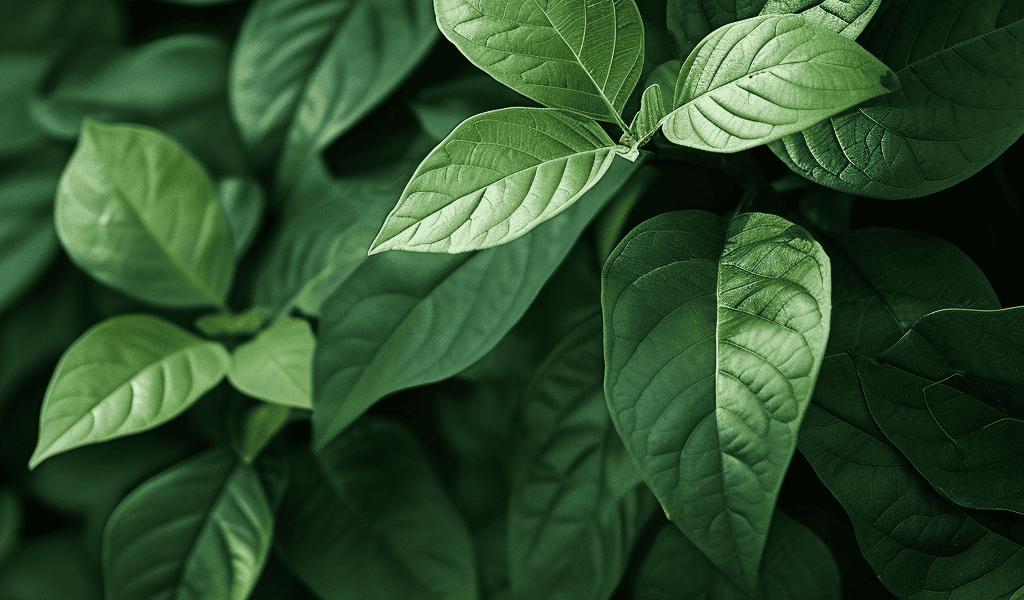Plants have long been known to have a sophisticated defense system against pathogens. However, a recent study published in Nature sheds light on a new aspect of plant immunity – the regulation of iron uptake.
Researchers have discovered that when a plant detects a pathogen, it withholds iron as part of its defense strategy. This mechanism involves suppressing the root acquisition of iron by degrading a molecule that activates the iron-uptake pathway.
The study, conducted by Cao et al., provides insights into the intricate interplay between iron and immunity during iron deficiency. The findings highlight the complex relationship between plants and their associated non-harmful microbes, known as the commensal microbiome, as well as their interactions with pathogenic bacteria.
This new understanding of how plants balance the regulation of iron uptake to promote their growth while inhibiting pathogenic microorganisms opens up potential avenues for further research in plant immunity and defense mechanisms.





